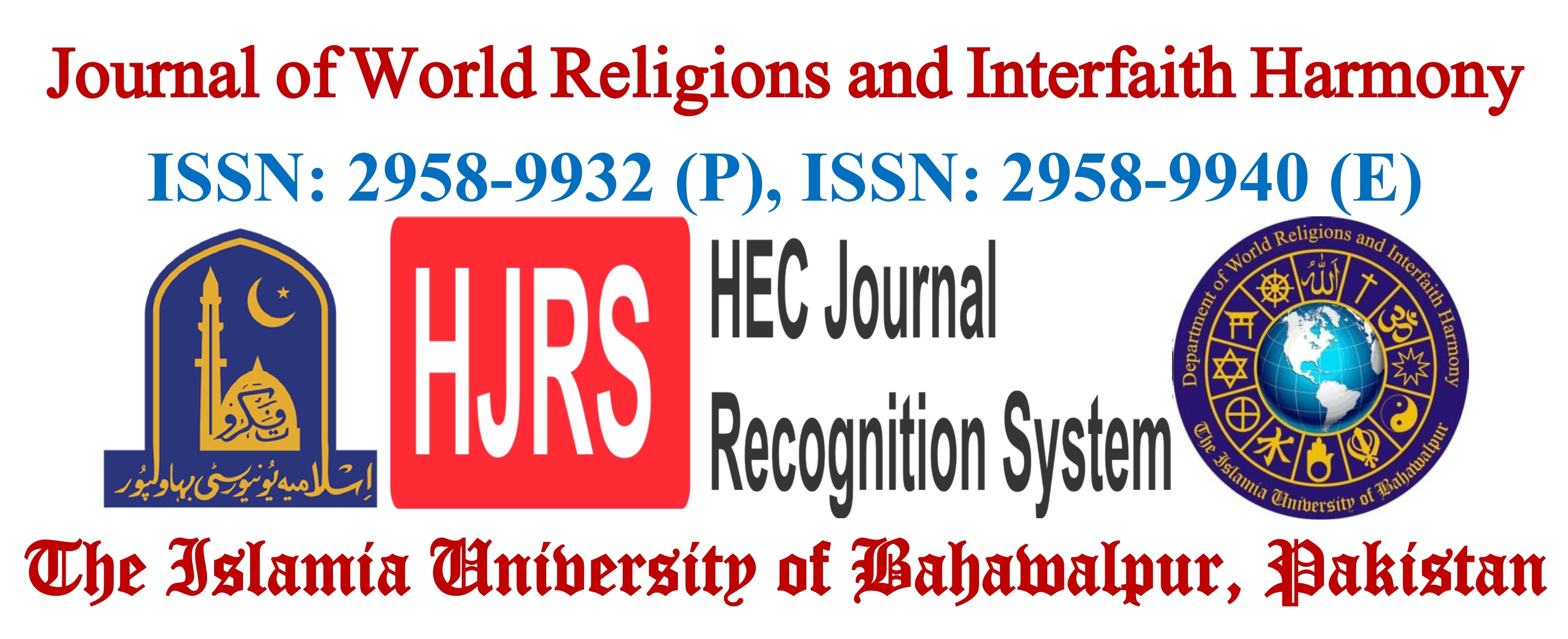Healthcare Decisions in Islam: Key Ethical Considerations
Keywords:
Ethics, Perioperative care, Anesthesia, IslamAbstract
This article explores the intricate relationship between Islamic jurisprudence and healthcare decisions for Muslim patients and their physicians. It covers critical issues such as abortion, biotechnical parenting, HIV, organ donation, brain death, physician-assisted suicide, withdrawal of life support, fasting during Ramazan, blood transfusions, DNR orders, animal-derived medications, and postmortem examinations. Each topic is examined within the framework of Islamic law, highlighting the religious principles that guide medical ethics and practices. The article emphasizes the importance of healthcare providers understanding these religious guidelines to deliver culturally sensitive and ethically appropriate care. By incorporating Islamic legal considerations into medical practice, providers can enhance the respectfulness and effectiveness of treatment for Muslim patients, ensuring their religious and cultural needs are met.
Downloads
Published
How to Cite
Issue
Section
License
Copyright (c) 2024 Dr. Faraz Mansoor

This work is licensed under a Creative Commons Attribution-NonCommercial 4.0 International License.






